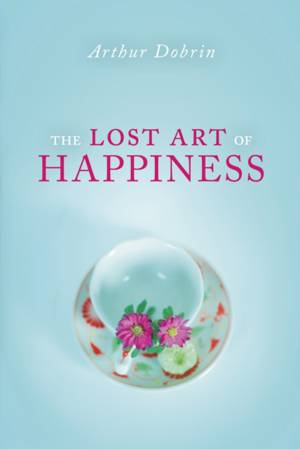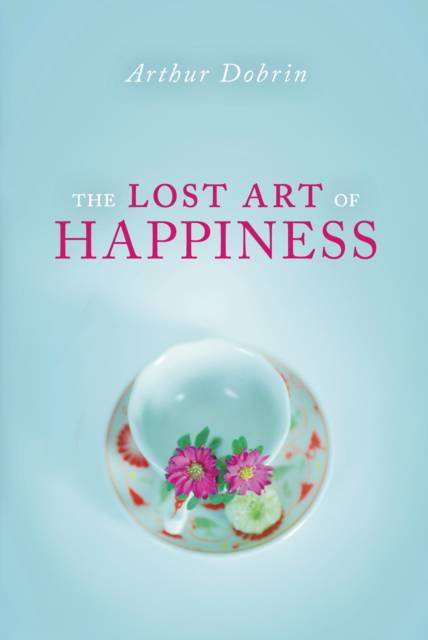
- Afhalen na 1 uur in een winkel met voorraad
- Gratis thuislevering in België vanaf € 30
- Ruim aanbod met 7 miljoen producten
- Afhalen na 1 uur in een winkel met voorraad
- Gratis thuislevering in België vanaf € 30
- Ruim aanbod met 7 miljoen producten
Zoeken
Omschrijving
Though everyone wants to be happy, for most people the pursuit of happiness is a tantalizing and frustrating endeavor. Even in this most prosperous era in history, there seem to be more dissatisfied people than ever before-especially in the wealthy nations.This insightful discussion of what constitutes the good life argues that our pervasive and gnawing sense of dissatisfaction is mainly self-inflicted. As long as our culture emphasizes individual needs and wants as the primary focus of life, says the author, we will never find happiness. He contrasts our culture's obsession with the individual with the emphasis on community found in more traditional cultures, where levels of satisfaction appear to be much greater. He concludes that the good life results not from the private pursuit of happiness but from relationships that foster mutual enhancement and are built on a foundation of compassion for others and justice for all. The key is compassion. Drawing on recent findings in evolutionary biology, as well as philosophy, comparative religion, and literature, the author convincingly shows that compassion is built into human nature. When we act upon this inherent moral instinct, by taking our neighbors' interests to heart and viewing the world through the eyes of others, we are most likely to create a world of human flourishing. Only in this way can individuals find what they want most-to be happy. This book is both a meditation on the perennial questions of life and a practical guide for living a good life by becoming a good person. What are the implications of this? The author explains through many examples from marriage and raising children to how to face our mortality.
Specificaties
Betrokkenen
- Auteur(s):
- Uitgeverij:
Inhoud
- Aantal bladzijden:
- 239
- Taal:
- Engels
Eigenschappen
- Productcode (EAN):
- 9781616142551
- Verschijningsdatum:
- 1/01/2011
- Uitvoering:
- Paperback
- Formaat:
- Trade paperback (VS)
- Afmetingen:
- 156 mm x 227 mm
- Gewicht:
- 331 g

Alleen bij Standaard Boekhandel
+ 39 punten op je klantenkaart van Standaard Boekhandel
Beoordelingen
We publiceren alleen reviews die voldoen aan de voorwaarden voor reviews. Bekijk onze voorwaarden voor reviews.











